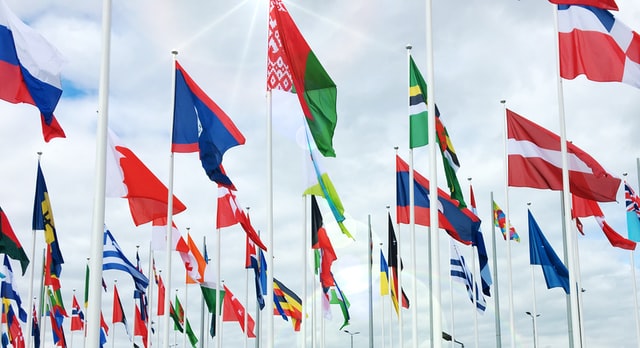Human rights, along with peace and development, have constituted one of the three pillars of the Charter of the United Nations (UN), since it was signed in 1945. Much progress has been made by now, although some emblematic failures tend to prove some major shortcomings on the international protection of human rights. Even though the genocide in Rwanda in 1994 and the genocide in Srebrenica in 1995 were a massive strike for the various leaders of the international community, the two reports on the source of the UN’s responsibility of 1999 did not come to prove much profitable. Just a decade later, in 2009, the Sri Lankan army and the Liberation Tigers of Tamil Eelam shelled the northeastern region of the country, hit the medical facilities and every civilian who tried to leave the area. While around 40,000 people are estimated to have lost their lives, the UN Internal Review Panel described the incompetence of the UN action as a “systematic failure”. Moreover, the global power shifts prove that the global promise of human rights is abrogated whenever it seriously collides with geopolitical priorities (see, for example, the Palestinian situation). Having in mind these “systematic failures” and the global power shifts, what the future of international protection of human rights will be?
One of the first things that need to be reconsidered on the international protection is the hegemonic status power within the international law. The norm of sovereign equality does not seem to apply in the case of the Charter of the UN, in which the five states that prevailed after World War II, are, until now, the permanent members of the UN Security Council. In addition to their unshakable position in the UN, they have the entitlement to exercise veto over the decision of the Security Council. This organ of the UN is very much important, since it is central on matters of peace and security. In times of controversy the threatened use of veto by the permanent members, often lead the UN to a grid-locking position, being unable to take action at times of urgency.
Other problems that this institutionalized hegemonic international law creates, is the unshakable permanency on the form of the UN and the inability to reform and challenge the geopolitical landscape that exists since the creation of the UN in 1945. The question on whether other countries, such as Brazil, India, Japan etc., should become permanent members of the Security Council, comes to the surface along with the reflection on whether the right to veto can come hand in hand with the commitment to a law – governed world.
The point being made here is that the current human rights’ discourse and practice is motivated by material sensibilities, instead of evolving an international, moral conduct. The future needs to move away from an insinuated hegemonic international law (which is pretty much north-western oriented) and be lead to a counter-hegemonic international law.

Leave a Reply
You must be logged in to post a comment.